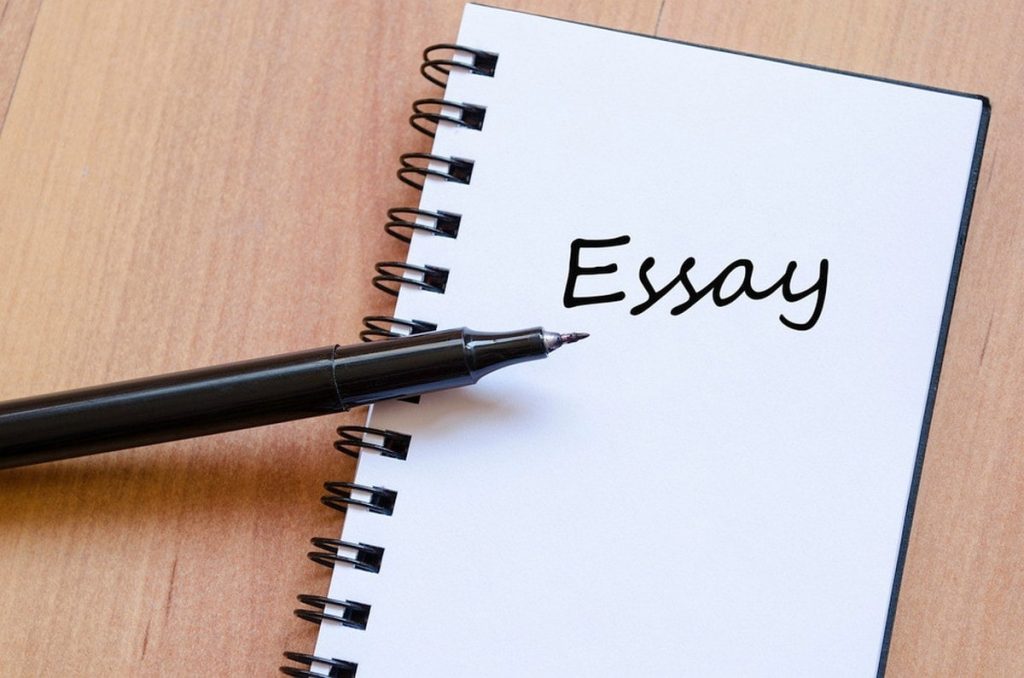Essays are written in school, for university admission, and even for job applications. This genre gives the author complete freedom of expression, but that’s what makes it tricky. Let’s find out what makes an essay unique and how to compose it correctly. What is an essay and how to write a two page essay?
What is an essay?
It is a literary genre in which the author argues on any topic, expresses his opinion on a social, moral or other problem in an individual author’s manner of presentation. As a rule, essays are small in size, and the genre is not limited by strict requirements. The appropriateness of the piece depends on what its purpose is. If you’re having trouble writing an essay, use this site.

What types of essays are there?
- Analytical essay. Designed to critically examine a thesis or phenomenon. It broadcasts the author’s opinion on the topic, indicating the side he takes in a controversial issue.
- Critical essay. An analysis of someone else’s work. It indicates the strengths and weaknesses of the work, and reveals the subtleties of its creation. The author of the essay assumes what the creator wanted to convey to the public, and summarizes whether he or she managed to achieve the goal.
- Argumentative essay. Proves a certain thesis with the help of weighty arguments.
- Definition essay. Explains a subject or phenomenon, gives comprehensive information about it. In this case, it is not necessary to prove the usefulness, workability or fidelity of the subject. Within this type, there is an essay-description that tells about the objective characteristics of the subject.
- Observation essay. How to write an observation essay? This essay describes an event or action. Often it has an informative or entertaining purpose and should interest the reader in what is happening. This type of essay is similar to a short story: it also has a plot, development of events, denouement and conflict.
- Comparison essay. A work that draws parallels between a subject and a similar phenomenon.
In addition, essays can be objective and subjective. If the author emphasizes his opinion, looks at an issue through the prism of his own values rather than in a detached way, his work is subjective.
Characteristics of an essay
What are the characteristics of an essay? This form of presentation, although considered free, but over the centuries of existence has acquired a number of such features.
- Small volume. As a rule, the essay presents a capacious argumentative thought, revealing the topic.
- The subject of the essay is one clearly formulated problem or thesis. This form is not designed to explore a wide range of issues and their in-depth analysis. The author of the essay reflects on a rather narrow topic, looking for an answer to a specific question.
- Subjectivity of presentation. The author presents his own vision of the issue and finds objective arguments for it. The writer makes no claim to the truth. The essay expresses his personal view.
- Novelty. Often the subject of the essay is a topical idea or an ambiguous issue. The author seeks to give a new opinion on the subject.
- Free composition. There are no clear requirements for the structure of the essay. The author chooses in what order to present a thought in order to interest the reader.
- Simplicity of narration. Although the essay does not have a clear structure, it retains a logical narrative. The author gives argument after argument, which gradually reveals his position.

Rules for writing an essay
- Observe the logic of the narrative. No matter how deep the issue at hand is, the author’s position should be clear and coherent. Form a plan before you begin writing. Most often it will consist of an introduction, a few arguments, and a conclusion.
- Keep your speech simple and relaxed. Use accessible terminology, avoid cliché phrases. Emotionality and artistic techniques are acceptable in essays. However, they should not be abused: the quality of the speech forms the portrait of the author. Keep your language clean, avoid jargon, etc.
- Write specifically and to the point. How long is a 4000 word essay? Do not prolong the introduction or develop the same argument if it is already clear. Details are important, but only if they help you make your point better. If a sentence or phrase doesn’t advance thought and doesn’t affect the overall perception of the idea, cross it out.
- Avoid ambiguous language. Structure sentences and phrases so that the idea is clear after the first reading. Don’t make the reader guess the meaning of your words or doubt the correctness of their understanding.
- Research the issue before writing your essay. The more alternative viewpoints you learn, the easier it is to figure out how to argue your position.
If you can’t do the job yourself, it makes sense to turn to experts. You can order a great essay at essayrx.com.


